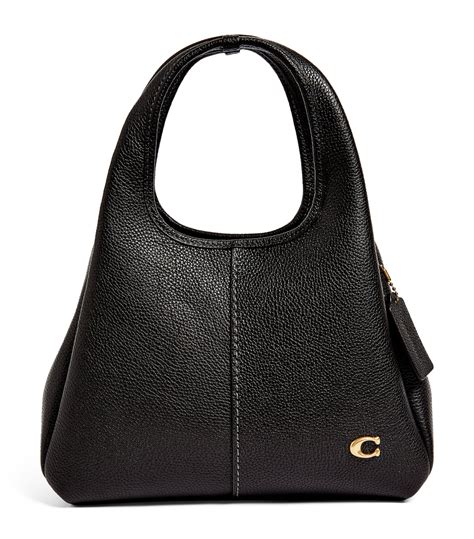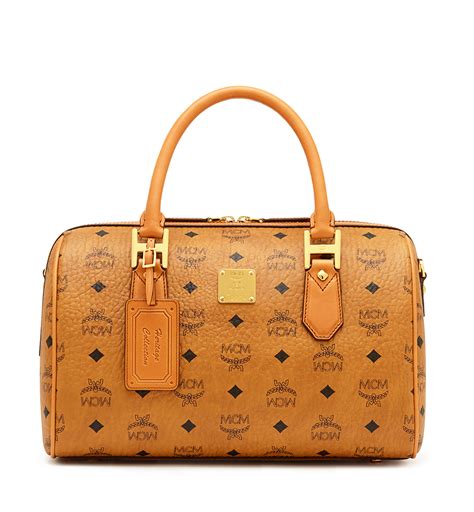famiglia gucci film | what happened to Gucci
$159.00
In stock
Ridley Scott’s "House of Gucci," released in 2021, ignited a firestorm of discussion long before its premiere. The film, officially titled "House of Gucci," but often referred to as "Famiglia Gucci Film," promised a cinematic exploration of the tumultuous Gucci family saga, focusing on the ill-fated marriage of Patrizia Reggiani and Maurizio Gucci, and culminating in his shocking assassination. While the film boasted a star-studded cast, lavish costumes, and a narrative ripe with drama, it ultimately divided critics and audiences alike. This in-depth article delves into the various facets of "House of Gucci," exploring its plot, historical accuracy, casting choices, reception, and the lingering questions surrounding the Gucci dynasty.
The Story Unfolds: Love, Ambition, and Murder in the House of Gucci
Set against the backdrop of late 20th-century Italy, "House of Gucci" opens in 1978. Patrizia Reggiani (Lady Gaga), a vivacious and ambitious woman working as the office manager of her father's trucking business, crosses paths with Maurizio Gucci (Adam Driver), a quiet and somewhat awkward law student. Maurizio, heir to a 50% stake in the iconic Gucci fashion empire, possesses a reserved demeanor that contrasts sharply with Patrizia's flamboyant personality.
Their initial meeting at a party sparks an immediate connection. Patrizia, sensing the potential for upward mobility and power, quickly becomes enamored with Maurizio. He, in turn, is drawn to her confidence and assertive nature. Despite the disapproval of Maurizio's father, Rodolfo Gucci (Jeremy Irons), who sees Patrizia as a gold digger, the couple marries. Rodolfo disinherits Maurizio, further fueling the narrative of ambition and familial discord.
Patrizia, driven by a relentless desire for influence, begins to exert her control over Maurizio. She encourages him to reconnect with his uncle, Aldo Gucci (Al Pacino), Rodolfo's brother and the patriarch of the Gucci empire. Aldo, a charismatic and shrewd businessman, recognizes Patrizia's ambition and sees her as a potential ally. He brings Maurizio into the fold, offering him a position within the company and gradually drawing him away from his law studies.
As Maurizio becomes increasingly involved in the Gucci business, Patrizia becomes his closest confidante and advisor. She pushes him to modernize the company, challenge the old guard, and ultimately seize control from Aldo and his flamboyant son, Paolo Gucci (Jared Leto). The film portrays Paolo as a somewhat inept and eccentric designer, whose artistic aspirations are constantly thwarted by his father and the established Gucci traditions.
The power struggles within the Gucci family intensify, marked by boardroom battles, legal maneuvering, and betrayals. Patrizia becomes increasingly ruthless in her pursuit of dominance, manipulating Maurizio and orchestrating schemes to undermine her rivals. As Maurizio gains more control, he begins to distance himself from Patrizia, finding her ambition overbearing and her methods increasingly distasteful.
Their marriage deteriorates as Maurizio embarks on an affair with Paola Franchi (Camille Cottin), an interior designer. He eventually leaves Patrizia, seeking a divorce and further consolidating his control over the Gucci empire. Devastated and consumed by rage, Patrizia feels betrayed and humiliated. She sees Maurizio's actions as a direct assault on her power and her identity.
Consumed by a desire for revenge, Patrizia seeks the help of Pina Auriemma (Salma Hayek), a television psychic and close friend. Together, they conspire to assassinate Maurizio. The film culminates in the execution of this plot, with Maurizio gunned down in broad daylight in Milan in 1995.famiglia gucci film
Patrizia, along with her accomplices, is eventually arrested and convicted for her role in the murder. She is sentenced to 29 years in prison, earning the infamous moniker "Black Widow" in the Italian press. The film concludes with Patrizia's imprisonment and the eventual sale of the Gucci empire to Investcorp, marking the end of the Gucci family's direct control over the brand.
"House of Gucci" and the Reality: Separating Fact from Fiction
While "House of Gucci" is based on the true story of the Gucci family and the murder of Maurizio Gucci, it is important to remember that it is a dramatization of events. The film takes certain liberties with the timeline, exaggerates certain aspects of the characters, and simplifies complex relationships for the sake of narrative coherence.
The film draws heavily on Sara Gay Forden's book, "The House of Gucci: A Sensational Story of Murder, Madness, Glamour, and Greed," which provides a detailed account of the Gucci family saga. However, the film also incorporates elements of fiction and speculation to create a more compelling cinematic experience.
One of the major points of contention surrounding the film is its portrayal of the Gucci family members. The Gucci family themselves have expressed strong disapproval of the film, criticizing its inaccuracies and its depiction of their ancestors. They have particularly objected to the portrayal of Aldo Gucci as a buffoonish figure and the suggestion that Paolo Gucci was incompetent.
Additional information
| Dimensions | 9.9 × 5.4 × 1.3 in |
|---|









